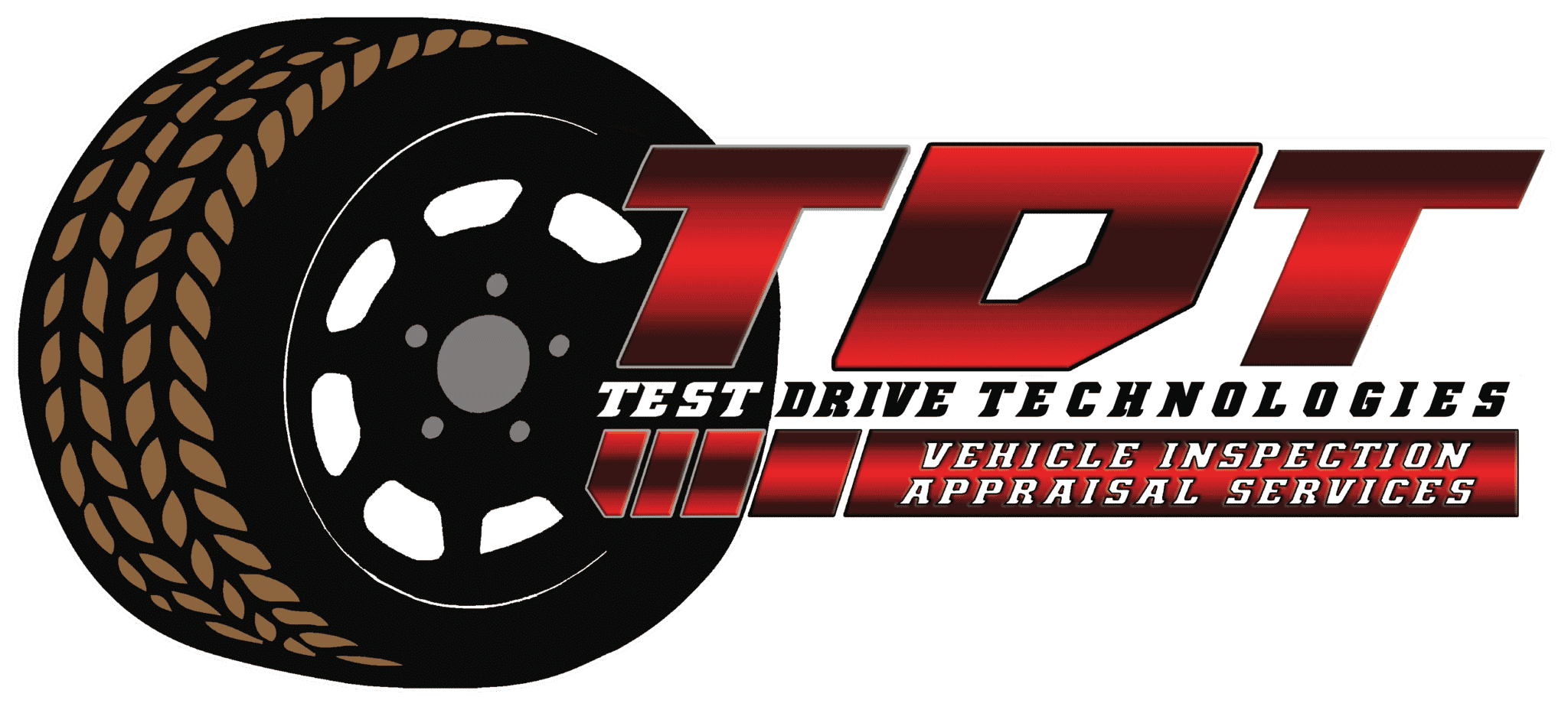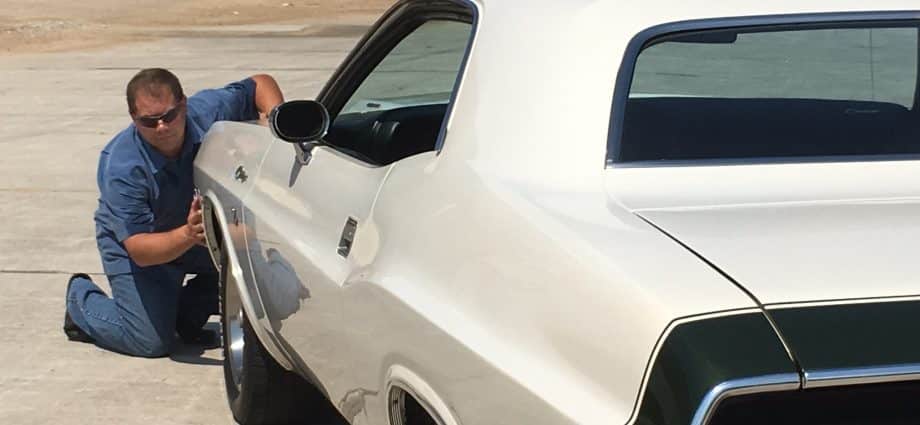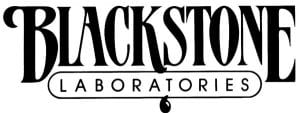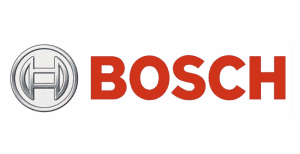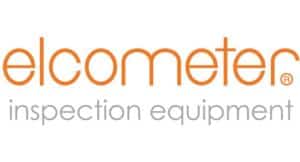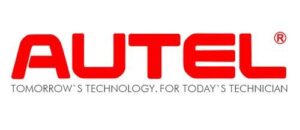Muscle cars remain an iconic part of American automotive culture, blending raw power, bold design, and nostalgic appeal. Whether you’re looking to buy your first muscle car or add another to your collection, this white paper offers practical insights to help you make a smart, informed purchase. From model selection to ownership costs and market trends, this guide covers what matters most.
Introduction 👋
Muscle cars are defined by big engines, rear-wheel drive, and aggressive styling. Traditionally, they were mid-size American coupes with V8 engines built for straight-line speed, peaking in popularity from the 1960s through the early 1970s. Despite evolving emissions laws and modern technology, muscle cars have retained a loyal following.
Today’s market offers three broad categories: classic muscle from the golden era, retro-modern builds from the early 2000s to 2010s, and the latest high-performance machines that blend brute force with modern handling and tech. This guide helps navigate the options and avoid common buying mistakes.
Types of Muscle Cars 🛣️

Classic Muscle Car (1960s–1970s) Examples: 1970 Dodge Charger, 1969 Pontiac GTO, 1970 Chevy Chevelle SS
- Pros: High collectible value, strong aftermarket support
- Cons: Expensive to restore, often lacking safety and comfort features
Retro-Modern (2000s–2010s) Examples: 2008 Dodge Challenger SRT8, 2012 Mustang Boss 302, 2010 Camaro SS
- Pros: Mix of nostalgia and reliability, often daily-drivable
- Cons: Some models depreciate fast, older tech compared to current models
Modern Muscle (2020s+) Examples: Dodge Challenger Hellcat, Mustang GT500, Camaro ZL1
- Pros: Top-tier performance, advanced safety and infotainment
- Cons: High cost, complex electronics may limit DIY work
Key Muscle Car Buying Considerations 🤔
Purpose: Decide upfront—are you buying for weekend cruising, daily driving, track use, or investment?
Condition & Mileage: Lower mileage and well-maintained cars are generally worth more. For classics, documentation is critical.
Originality vs. Restomod: An original numbers-matching car may be more valuable to collectors. Restomods (restored + modern upgrades) can offer better drivability.
Cost of Ownership: Gas mileage is poor. Parts, tires, and maintenance can be expensive. Insurance is often higher than average.
Where to Buy a Muscle Car:
- Private Seller: Lower price, but riskier without a thorough inspection.
- Dealership: Offers warranties and financing, but often charges more.
- Auction: Great for rare finds, but fast-paced and risky for novices.
- Online Platforms: Growing option; verify seller ratings and ask for inspection reports.
Red Flags & Pitfalls 🚩
- Hidden rust in floor pans, frame rails, and wheel wells
- VIN cloning or mismatched documentation
- “Too good to be true” pricing
- Over-restored or modified vehicles that lose historical authenticity
- Sellers unwilling to allow inspections or provide service history
Financing, Insurance, and Legal Stuff ⚖️
Financing: Newer models can be financed traditionally. Classics may require personal loans or specialty lenders.
Insurance: Specialty classic car insurance can save money if the vehicle is not a daily driver.
Legal Considerations:
- Emissions laws can affect ownership in certain states
- Title and registration must be clear and match the VIN
- Some states restrict registering out-of-state vintage vehicles
Muscle Car Market Trends & Resale Value 💵
Appreciating Heavy Metal Era Models: ⬆️
- 1970 Chevelle SS 454
- 1969 Dodge Charger R/T
- Low-mileage Shelby GT500s
- High-trim, limited-production versions
Depreciating Late Models: ⬇️
- 2015–2019 Camaro SS (due to design refreshes)
- Dodge Charger R/T (non-Scat Pack trims)
- Early V6 Challenger and Mustang models
- Over-customized or heavily modified cars
Rare trims and well-maintained originals hold value. V6 or base model Muscle Cars generally see the sharpest depreciation.
Conclusion & Buyer Checklist 📋
Muscle car buying comes down to clarity: know your goal, do your homework, and don’t rush the deal. The right car should fit your lifestyle, budget, and expectations.
Buyer Checklist:
Click here to download our 100% FREE NO B.S. Buyer Checklist.
